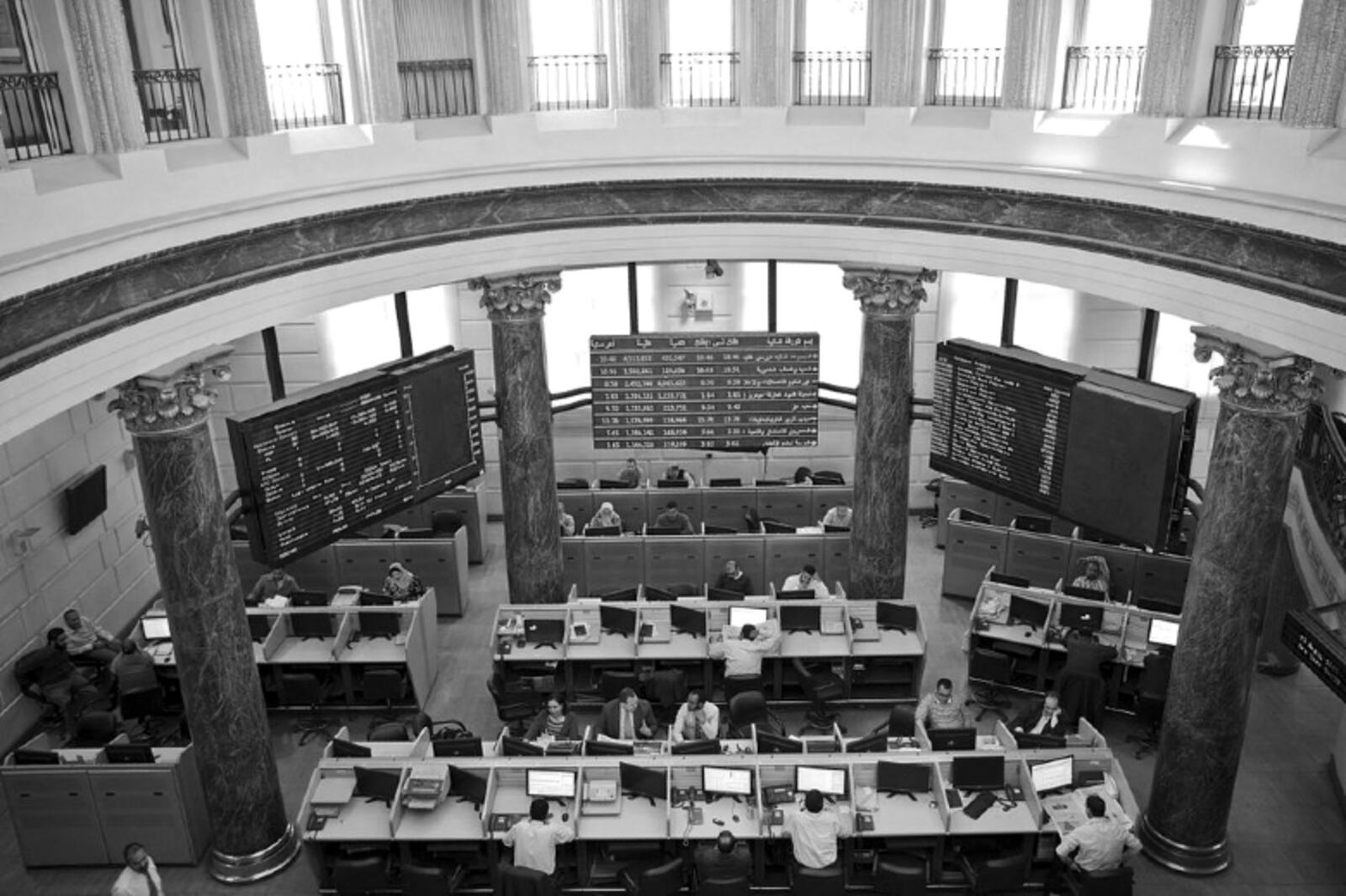FRA releases four-year strategy to boost EGX liquidity + says our first future flow issuance is “imminent”

The Financial Regulatory Authority (FRA) wants to see the EGX’s market cap more than double to EGP 1.6 tn by 2026, according to its new four-year strategy (pdf) published yesterday.
This will require almost EGP 1 tn to enter the market over the next four years: The bourse’s current market cap — across stocks, bonds, funds, OTC trades, and the SME market — is around EGP 660 bn.
This aligns with a recent policy statement from the president: President Abdel Fattah El Sisi said recently that the government is working on a set of measures aimed at doubling the size of the bourse. This is part of a wider economic strategy announced by the president, which also includes bringing in USD 40 bn in fresh investment over the next four years and reducing the public debt and the deficit by 2026.
Where’s the money coming from? The FRA thinks that the sale of state assets could push the EGX’s market cap as high as EGP 2.6 tn — and name-checks the potential IPO of the state-owned new capital developer, the Administrative Capital for Urban Development. The government wants to list a number of state- and military-owned companies on the bourse before the end of the year as part of its new privatization strategy.
The target isn’t new: The FRA had originally hoped to hit the EGP 1.6 tn mark by this year, according to its previous strategy in 2018.
Why did we miss our target? Look no further than covid-19. The regulator now expects market conditions to stabilize as the pandemic recedes and more people get vaccinated, it said.
Covid isn’t the issue right now: Egypt hasn’t been immune to this year’s global market sell-off, which has hit equities in developed and emerging markets alike. The EGX’s market cap has fallen 13% since the start of the year due to the global risk-off caused by rising interest rates and the war in Ukraine.
The government tried to draw fresh inflows into the bourse last year: It exempted foreign investors from paying the new capital gains tax (CGT) on stock trades and passed a set of tax cuts and fee deductions to keep local investors in the market.
And support trading following the EGP devaluation in March: In response to the EGP devaluation, the government slashed CGT on gains from IPOs by 50% for the next two years and pledged to reduce the withholding tax on dividends.
FUTURE FLOW SECURITIZATION IS ABOUT TO GET REAL
On the brink of our first future flow issuance? The regulator has received a request from an unidentified firm to issue EGP 2 bn worth of securities backed by expected future cashflows, Bloomberg Asharq quotes FRA head Mohamed Omran as saying. Omran did not give an exact timeframe for the expected issuance, saying only that it is “imminent.”
We know of two companies keen to sell future flow securities: EGX-listed private sector education outfit CIRA is reportedly in talks with the FRA to issue EGP 1.5 bn worth of future flow securities and could take its issuance to market within four months, a source previously told us, adding that talks remain at an early stage. Contact Financial Holding is also in talks with the FRA to securitize future flows in 2H 2022 on behalf of “one of the largest corporate firms in Egypt,” CFO Ayman Elsawy told us earlier this year.
Future flummoxed? Check out our fresh explainer on all things future flow here.
NOBODY WANTS TO LAUNCH A NEW RATINGS AGENCY?
The FRA has not received any requests for licenses to operate credit rating agencies since it loosened restrictions to encourage local players to set up shop, Al Borsa quotes Omran as saying.
Step up, IPF: Omran urged the Investor Protection Fund to apply to set up an agency to help keep pace with growing demand from companies to issue securities in the local debt market.
BACKGROUND: The FRA in February scrapped a requirement for credit rating agencies to be at least 10% owned by international firms in a move meant to increase the number of local credit-rating firms and boost our non-banking financial sector. FRA Deputy Chairman Islam Azzam said then that an unidentified company was in talks with the regulator over gaining a license and could launch soon, though the firm in question hadn’t officially submitted any documents to the regulator at the time.
Egypt has only one local credit rating agency right now: MERIS (Middle East Rating & Investors Service) is a joint venture between Moody’s and Finance and Banking Consultants International (FinBi), and provides ratings for financial institutions, corporate issuers, and structured finance transactions.